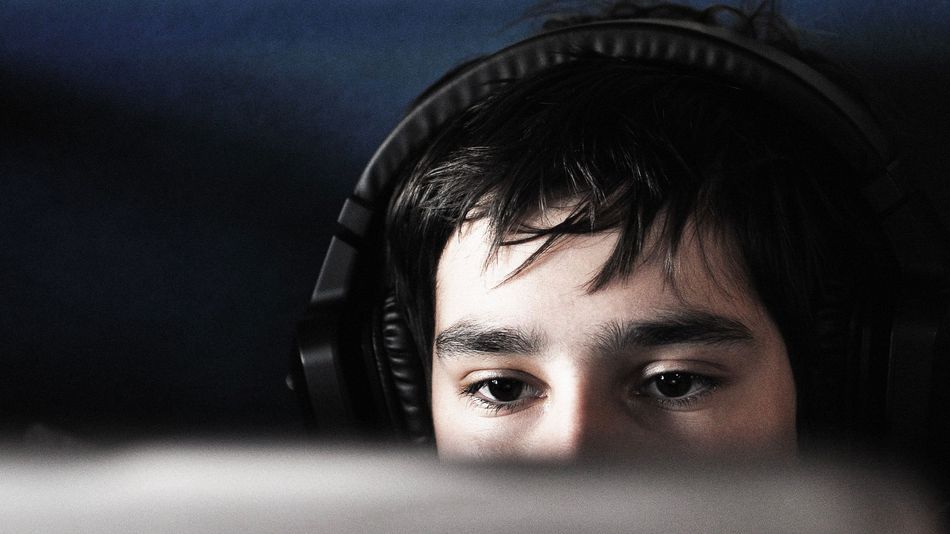-
Tips for becoming a good boxer - November 6, 2020
-
7 expert tips for making your hens night a memorable one - November 6, 2020
-
5 reasons to host your Christmas party on a cruise boat - November 6, 2020
-
What to do when you’re charged with a crime - November 6, 2020
-
Should you get one or multiple dogs? Here’s all you need to know - November 3, 2020
-
A Guide: How to Build Your Very Own Magic Mirror - February 14, 2019
-
Our Top Inspirational Baseball Stars - November 24, 2018
-
Five Tech Tools That Will Help You Turn Your Blog into a Business - November 24, 2018
-
How to Indulge on Vacation without Expanding Your Waist - November 9, 2018
-
5 Strategies for Businesses to Appeal to Today’s Increasingly Mobile-Crazed Customers - November 9, 2018
Gaming may boost teens’ school results: Australian study
Or it is possible that students who work hard for their studies tend to complete their work in shorter duration of time and dedicate the remaining time to playing online games.
Advertisement
Internet usage among teenagers is considered particularly high in Australia where 97 percent of 15 to 17 year olds say they frequently go online.
“Students who play online games nearly every day score 15 points above the average in maths and 17 points above the average in science”, says economist Alberto Posso from RMIT University in Melbourne.
The study used Australian data from the Program for International Student Assessment (PISA), which tested students from more than 700 schools in 2012 and collected information on their personal interests and online activities.
“Students who play online games nearly every day score 15 points above the average in math and 17 points above the average in science”, he said.
Although it’s not clear exactly why gaming is associated with higher scores, Posso speculated online games require students to solve puzzles requiring a knowledge of math, reading and science.
He recommends teachers consider incorporating popular video games into teaching – so long as they’re not violent ones.
“Teachers might want to look at blending the use of Facebook into their classes as a way of helping those students engage”.
However, the study can not prove that video games led to the improvement.
Online gaming may be making students smarter but Facebook is no good for their grades, according to new research conducted in Melbourne.
His study also compared exam results with usage of social media sites like Facebook and Twitter.
“Online games foster a range of skills that promote higher order thinking, which could potentially lead to improvements in math and literacy”, stated Posso, though he added that “it could be argued that people who are good at math and reading also enjoy games that allow them to employ, or even sharpen these skills”.
He also said other factors also needed to be considered, with skipping school every day about twice as bad for results as using Facebook or chatting online daily.
She doesn’t believe we can yet find a correlation between increased social media use and lower test scores.
Advertisement
“This is crucial for a number of reasons, none more important than that educational outcomes can impact labour market outcomes in the future”, he said. It’s from this data that Professor Alberto Posso and his team came to the conclusion that video games could actually help improve the skills learnt in school.





























